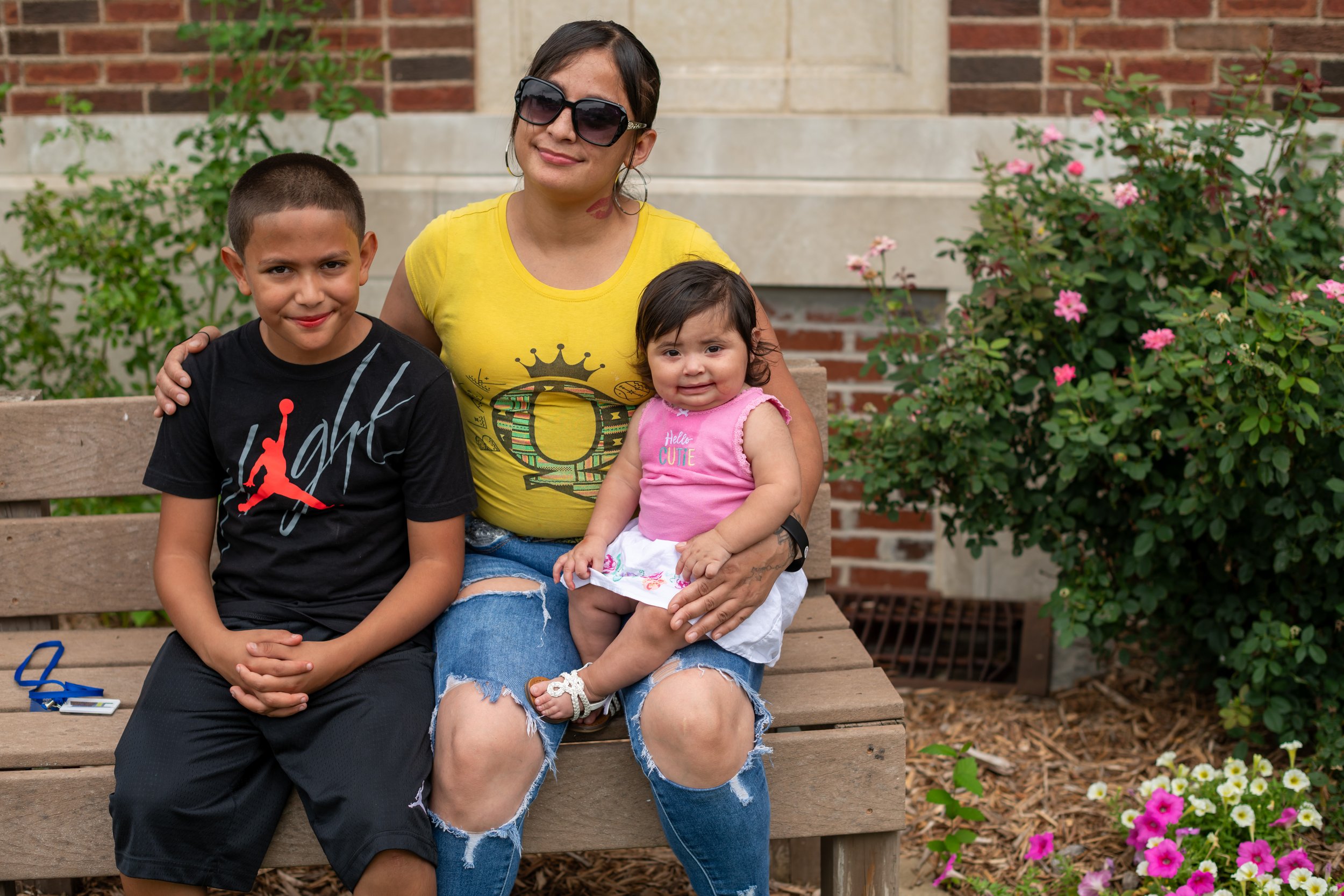Overview
How Families Gain Admission
Sheffield Place serves highly traumatized homeless mothers with multiple barriers to success, including: mental health and addiction issues, domestic violence backgrounds, low educational attainment, and felony convictions, among others. Mothers are required to be in residence for 30-days before returning to work. The agency accepts mothers with up to seven children. A mother who meets these criteria is encouraged to call Sheffield Place. Following an initial phone conversation, she may be scheduled for a personal interview and tour.
The Services at Sheffield Place
Sheffield Place offers four fully integrated services to empower the families as they make the difficult journey from homelessness to self-sufficiency:
1) Residential Housing Services provides up to 24 mothers and their children at a time with onsite housing in either the main facility (17 living units) or the nearby SEVI House (7 living units) consisting of a one- or two-room living unit with a private bath and shared kitchen and laundry facilities.
2) Residential Clinical Services provides therapy, strengths-based case management, addiction recovery, and life skills groups (effective parenting, healthy relationships, 12 Step, recovery, job search, personal finance, among many others) for mothers and both group and individual trauma and mental health recovery services for the children.
3) Aftercare/Outpatient Clinical Services provides case management, therapy, and other supportive services such as social events for families once they transition to housing in the community.
4) Permanent Housing Services provides 10 units of permanent housing for families in houses owned and operated by the agency.




